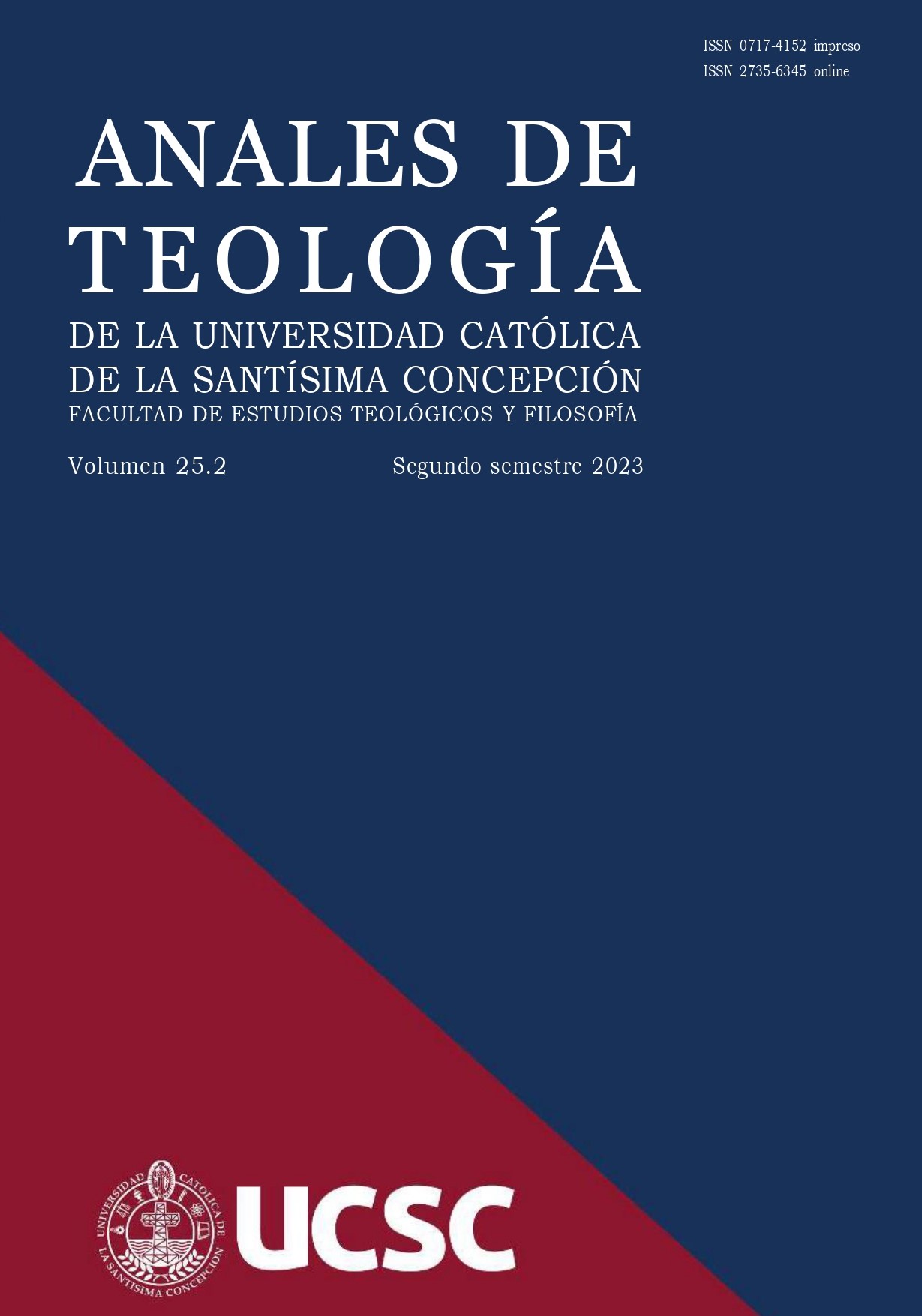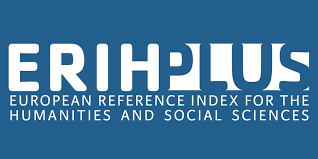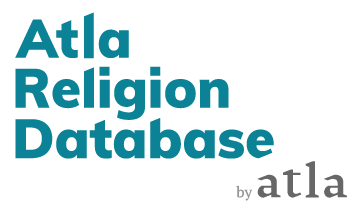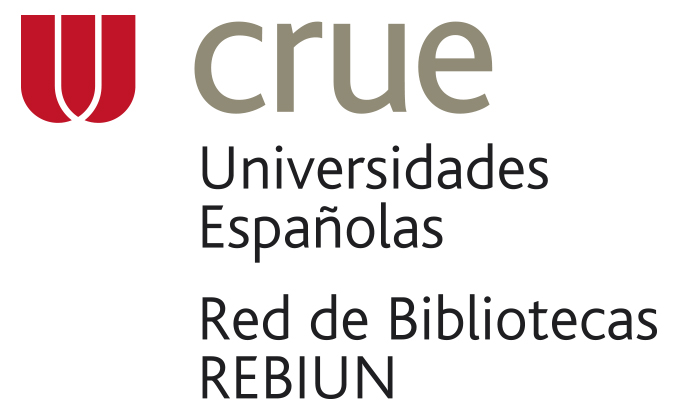Knowledge and love in Anselm of Canterbury
DOI:
https://doi.org/10.21703/2735-634520242612587Keywords:
notitia, credo ut intelligam, reason, faith, believing intelligenceAbstract
Anselm, known as Doctor magnificus and father of Scholastics, reached his peak in Monologium and Proslogion, where he provides an original perspective for treating faith by giving evidence of the existence and nature of God. The aim of this paper is examining the "knowledge and love" binomial, starting from Anselmian argumentation that allows our thinking of man, whose understanding and intelligence are relevant, though not the only faculties. To do this, three issues are developed along the philosophical and theological path which, firstly, goes deeper into understanding knowledge and reason. Secondly, it addresses the understanding of faith and, finally, coinvolve intelligence and heart.
Downloads
References
ABBAGNANO, N., Diccionario de filosofía, Fondo de cultura económica, México 1986.
BENEDICTO XVI, Audiencia general, miércoles 23 de septiembre 2009, https://www.vatican.va/content/benedictxvi/es/audiences/2009/documents/hf_ben-xvi_aud_20090923.html, citado el 13 de septiembre.
BLAISE, A., Dictionnaire Latin-Français des Auteurs Chrétiens, Éditions Brepols S.A., Belgique 1954.
CHENU, M. – D., La théologie au douzième siècle, Librairie philosophique J. Vrin, Paris 1957.
CONCILIO VATICANO I. Constitución dogmática Dei Filius. Capítulo IV.
DÍEZ, R. O., “El acceso a Dios y la prueba de su existencia. Un diálogo entre M. Henry y Anselmo de Cantorbery”, Patristica Et Mediævalia 19, (1998) 65-70, http://revistascientificas.filo.uba.ar/index.php/petm/article/view/7900
DÍEZ, R. O., “Necesidad de Cristo en el Cur Deus Homo de san Anselmo”, Cuadernos Monásticos 169 (2009) 229 – 240.
FERRATER MORA, J., Diccionario de filosofía Tomo I, Editorial sudamericana, Buenos Aires 1971.
GONZÁLEZ DE CARDEDAL, O., Cristianismo y mística, Editorial Trotta, Madrid 2015.
PANIZO, F., Teología monástica - S. Anselmo de Canterbury, 2016, https://caminocisterciense.blogspot.com/2016/07/blog-post.html, citado el 12 de octubre 2022.
POSADAS, L., “El hombre como capax Dei en el Monologion de san Anselmo de Aosta”, Cuadernos Monásticos 169 (2009) 241 – 253.
REYES-GACITÚA, E., El Espíritu Santo, origen de la esponsalidad en la Expositio super Cantica canticorum de Guillermo de Saint-Thierry, Editorial académica española, Saarbrücken-Alemania 2012.
SAN ANSELMO, Obras completas, Tomo I, Biblioteca de Autores Cristianos, Madrid 1952.
SAN ANSELMO, Proslogion seu Alloquium de Dei Existentia. Pars I Dogmática, 2014.
SAN ANSELMO, Proslogion. Estudio preliminar, traducción y notas de Judit Ribas y Jordi Corominas, Editorial Tecnos, Madrid 1998.
SEIFERT, J., “Kant y Brentano contra Anselmo y Descartes. Trad. Rogelio Rovira. Thémata”, Revista de Filosofía 2 (1985) 129-147.
SIMÓN, A., “Caritatis pace et amore veritatis: la experiencia de Dios en el epistolario de san Anselmo”, Cuadernos Monásticos 169 (2009) 169-192.
SÖHNGEN, G., La sabiduría de la teología por el camino de la ciencia Cap. VI. En Mysterium Salutis I, Ediciones cristiandad, Madrid 1974.
VILANOVA, E., Historia de la teología cristiana. Tomo I, Editorial Herder, Barcelona 1987.
VON BALTHASAR, H. U., Gloria. Una estética teológica. 1. La percepción de la forma, Edición Encuentro, Madrid 1985.
Downloads
Published
Issue
Section
License
Copyright (c) 2024 Eva Pamela Reyes Gacitúa

This work is licensed under a Creative Commons Attribution-NonCommercial 4.0 International License.
The Anales de Teología is an open access journal and does not charge for publication. In addition, it regulates its Copyright and access policy according to the Creative Commons Attribution-NonCommercial 4.0 International Public License (CC BY-NC 4.0), therefore sharing (reproducing and distributing the material in any medium or format) and adaptation (modifying, transforming, and creating from the material) is allowed as long as proper credit is given and the citation is included with the corresponding data. Moreover, it is not allowed to use the material for commercial purposes.




















